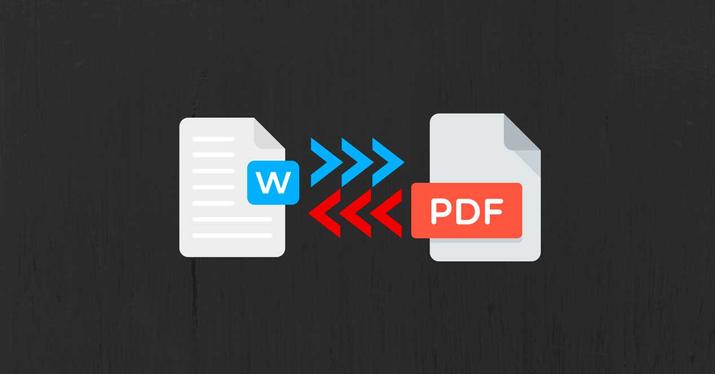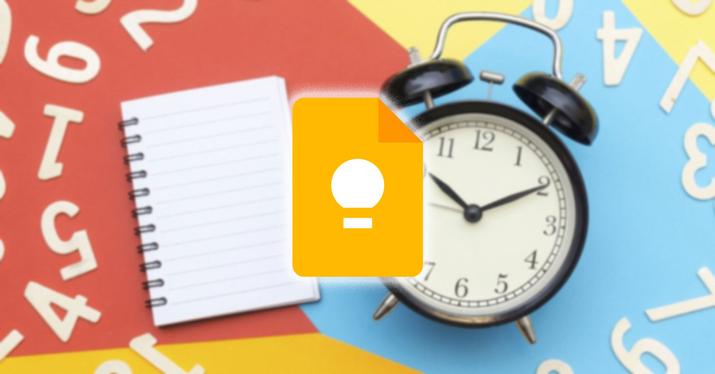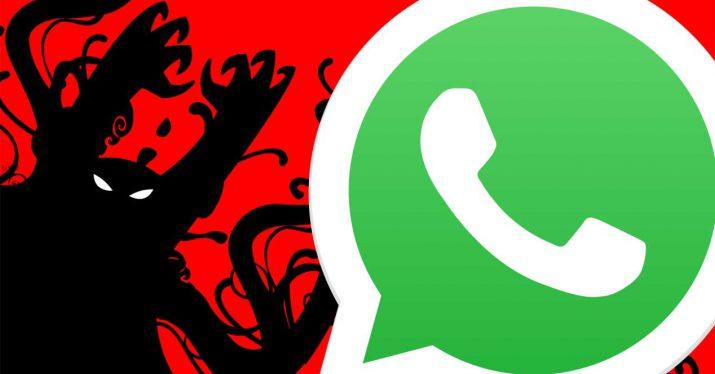
With the intensive use that we make of our mobile phones, we usually install all kinds of applications on them that make our lives simpler and more organized, distract us or any other function that occurs to us. That is why they can also be a nest of malware that infects your device and steals your data in the background and without you noticing anything strange.
However, as certain security firms such as ESET state, there are certain types of applications that are more likely to contain some type of danger to your privacy and the personal data contained on your smartphone.
Most dangerous types of apps
It probably happens that you have more applications on your phone than you need. Today we use apps for almost everything, from communicating with our family and friends to writing down the shopping list, so this dependency can also pose a danger.
Bearing in mind that practically any app can become a danger and we don’t notice it until it’s too late. ESET has carried out a security analysis to see which types of applications hide the greatest number of threats.
Document Related Applications
One of the great dangers is found in translation applications. Although translating a specific word does not have to be a risk, in an insecure translation application in which we place paragraphs or entire documents, they can reveal violations of the GDPR Data Protection Law, confidential corporate documents, etc. to the other side.

In the same way as in the previous case, applications in which a document is modified in any way may be at risk. There are many examples, such as compressing a document to fit in an email, changing its format from Word to PDF or vice versa, etc. The same dangers as translation apps also apply to format changer apps. They process potentially sensitive data in uploaded documents, so always be careful and use only trusted applications.
Shared calendars and notes
If you use a calendar application that is not secure, not only may they be knowing data about locations where you are going to be, but you usually associate an entire list of contacts, including at least the email addresses of those people with whom you are going. that you share your schedule.

The same applies to apps to take notes or notes or those with a calendar function. Of course, the real danger will be in the nature of the data you upload to them. If they spy on your shopping list, they may not find anything serious either, but if you use them for work data or save passwords, things become more dangerous. Additionally, these applications usually allow you to add photos, videos or voice recordings to your notes, which can increase the interest they have in getting hold of your personal data.
File sharing apps are similarly dangerous. Depending on the content of what is being shared, they can access sensitive information both intentionally and in some form of data. Some file sharing applications can be combined with transparent data encryption solutions, which may be recommended to increase data security.
Messaging apps and remote access
Although they can be most useful and instantaneous, messaging apps can also be a nest from which cybercriminals get hold of all kinds of personal data, since they also include additional functions such as file sharing, phone calls, video calls. , send text messages, voice recordings, etc. As a result, they need many permissions on the mobile device, including access to the camera, microphone, or stored data.

The wide range of permissions that we approve means that there may be some malicious application that supplants the official one or versions that promise new functions with hacking or spying on contacts and in which you are practically handing over the entire bunch of keys to control any loophole in your phone .
Finally, remote access apps allow you to control things from a distance… and also the bad guys if they take control. These remote access apps can reverse who rules whom and become a portal for outside agents to break into your device, manage it, and steal the data stored on it.